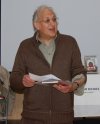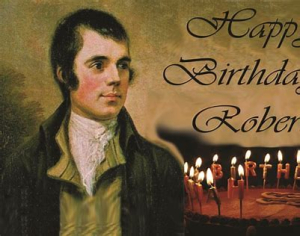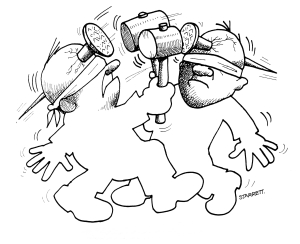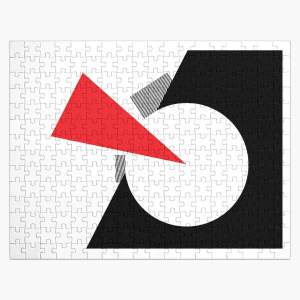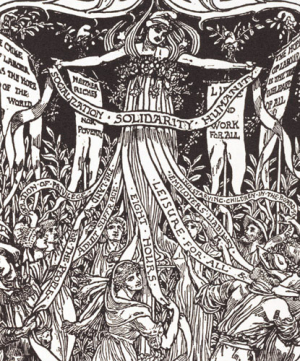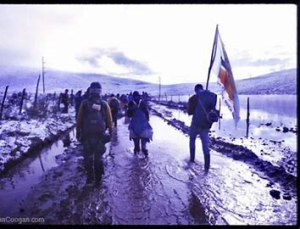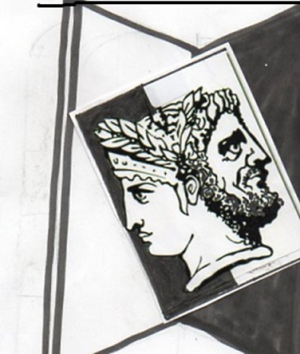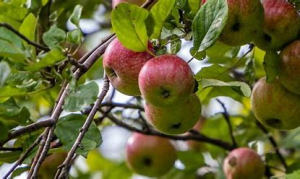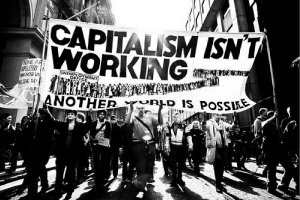The Day and The Hour
by David Betteridge

One:
What distinguishes the worst of architects from the best
of bees is this: that the architects raise their structures
in imagination before they build them in reality...
- Karl Marx
Where there is no vision,
the psalmist sang,
the people perish.
Has our vision retrospective scope, we ask,
with eyes in the back of its memory's mind?
No? Then it falls short, vulnerable from behind.
Has our vision close scrutiny of things
that may not seem at first significant -
things that are routine, or in the dark,
maybe at the head of leadership,
or in our ranks, or in the corners
of our unexamined hearts:
things that can turn to danger, quick as a wink?
Experience instructs us:
before we act, think!
Has our vision a future tense, keen
to look across to tomorrow's further shore,
to envisage what might be different from today,
and how, in our journey there, we might follow
the best-considered way?
As a sculptor sees the contours of a statue
already shaping in an uncut block of stone,
or as an athlete first conceives a lift, or jump, or throw,
or run, and holds it within the grasp of mind,
cherishing it even before the act begins,
so, as a wise saw says, each last one of us must think
and feel, even in the welter of our present woes,
as if we were already citizens of a better land,
in its early days.
Two:
What if that other voice we all know so well responds by saying,
"We say no, and we are the state"?
Well we say yes – and we are the people.
- Canon Kenyon Wright
Purblind, some of us let a clown run rings
around us, unaware his circus act had allies
massed in his defence, brigade upon brigade
of adepts in the wars of both position
and manoeuvre, weaponised.
Not seeing straight, or thinking straight,
we set our sights on wrong goals,
and, forsaking loyalties
and purposes and roots, got bewildernessed
in ruinous wrong ways.
As the clown banged his tin drum,
even if we did not see the peril in its signs,
how did we not hear the horror
in its beat, its dead-march that betokened
the breaking of laws and lives,
as again and again has happened
in carnivals of evil down the years?
How did we not smell the reek
that our enemies' cruel arrogance exudes?
Why did we not sense earlier the creeping-up
and worsening of our fears?
Never as now have our enemies
so carelessly self-revealed
their empty souls and ravening greed,
their two-facedness,
their lethal recklessness in word and deed.
These hellish handcart drivers,
untroubled by any fear or shame,
these crass demolishers of culture,
these sociopaths in smart suits,
these devotees of global smash and grab,
ignorant or contemptuous of history and its gains,
these strangers to sanity and to truth,
these bringers of death,
see how they stand now: exposed as guilty,
red-handed, few options left, run out of breath.
Now's the day, and now's the hour,
Burns wrote, and sang.
Given our enemies are in disarray,
disuniting into faction fights, imperilling the safety
of the state, then we have one clear choice,
in fact it is imperative:
as one to make a stand, contesting the continuance
of their misrule, asserting our claim of right
to governance, at last, of this beleaguered land.
Three:
The most beautiful of all doubts is when the downtrodden
and despondent raise their heads
and stop believing in the strength of their oppressors...
- Bertolt Brecht
In a flash, in a flood, from memory's store,
from a remembered Bible story book,
a picture comes to mind:
Pharaoh's troops in turmoil, tossed
with their weapons and their useless chariots
by the Red Sea's power.
Like matchstick men they meet their end
as walls of water - that had parted long enough
to let Moses and his people through -
now thunder on their hostile heads.
Now's the day, and now's the hour,
for both the victorious living
and the disarmed dead.
Was this a scene that Brecht envisaged
when he wrote his poem praising doubt,
noting how "invincible armies" can be put to flight,
"headlong", while "impregnable strongholds" fall,
and ancient errors, valorised as truth,
are in the end put right.
In praising the doubt that tests decisions
"like a bad penny", Brecht dispraised the doubt
that is despair, that even under danger
asks too many questions, fearful to act,
opting out.
Divers exploring the Red Sea's bed found
shell-encrusted chariot wheels down there,
relics of an era's end and a bold new chapter's start,
when a page was turned, from foul to fair.
What relics from today's divisions
and impending shift of power will future history retrieve,
to put in picture books or heritage museums:
keys to safe deposits, maybe, and yachts,
and limousines, and other trappings
of a wasteful Few, juxtaposed with the sad remains
of a Many cast aside, like shards, in early graves
or battlefields, to be rendered back to view,
emblems of a time when a people
almost perished?
Best evidence of all will be,
growing from its early days to a mature peace,
a new-made land, negating what we now see,
living proof that where there's vision,
we, the people, flourish.



